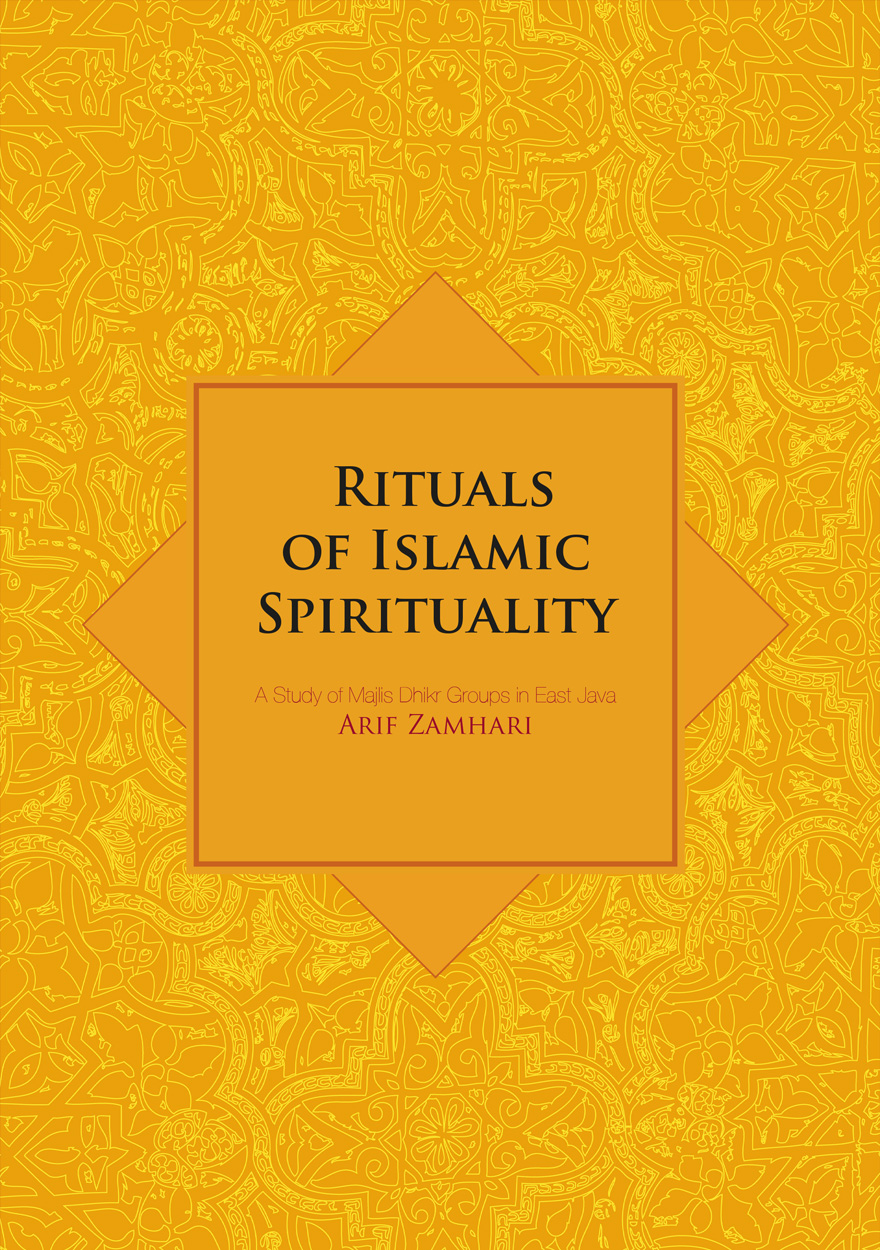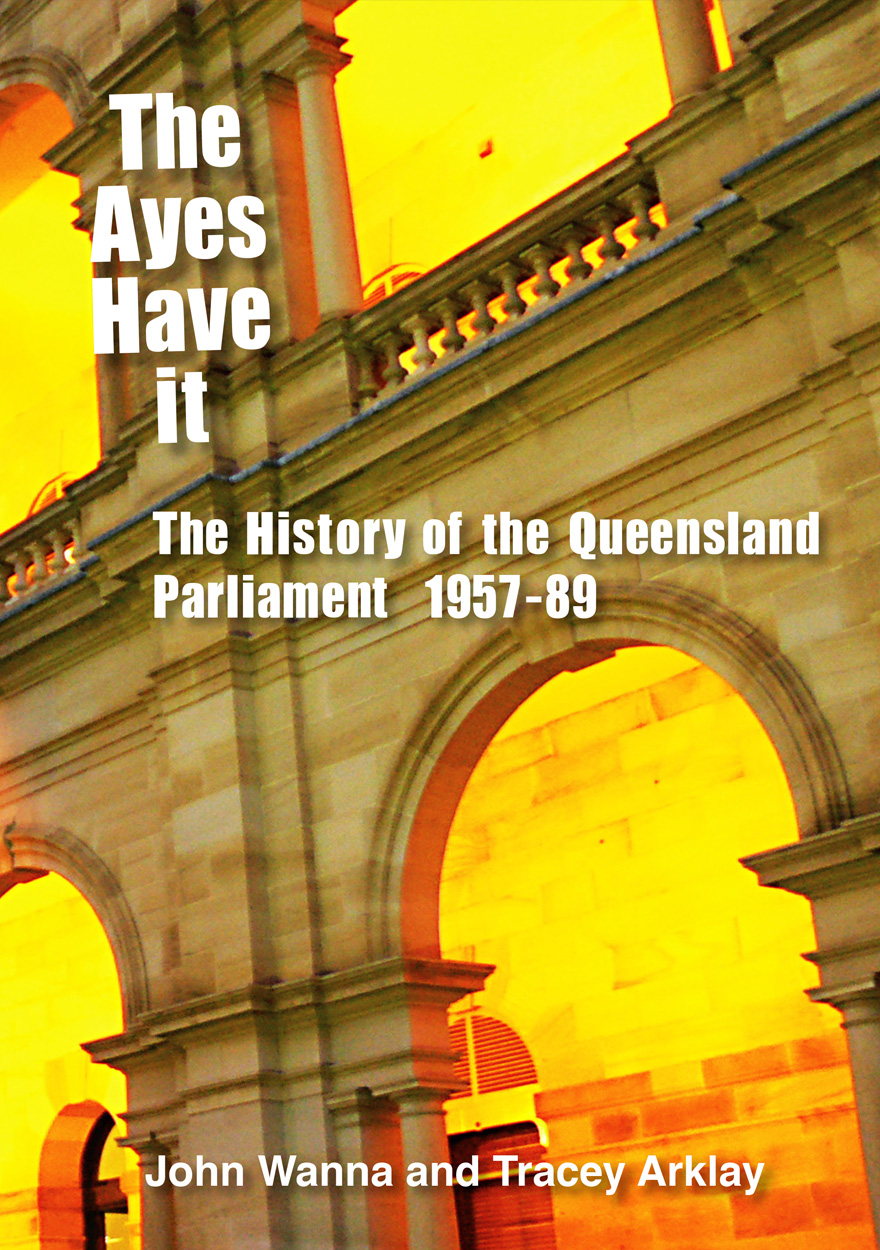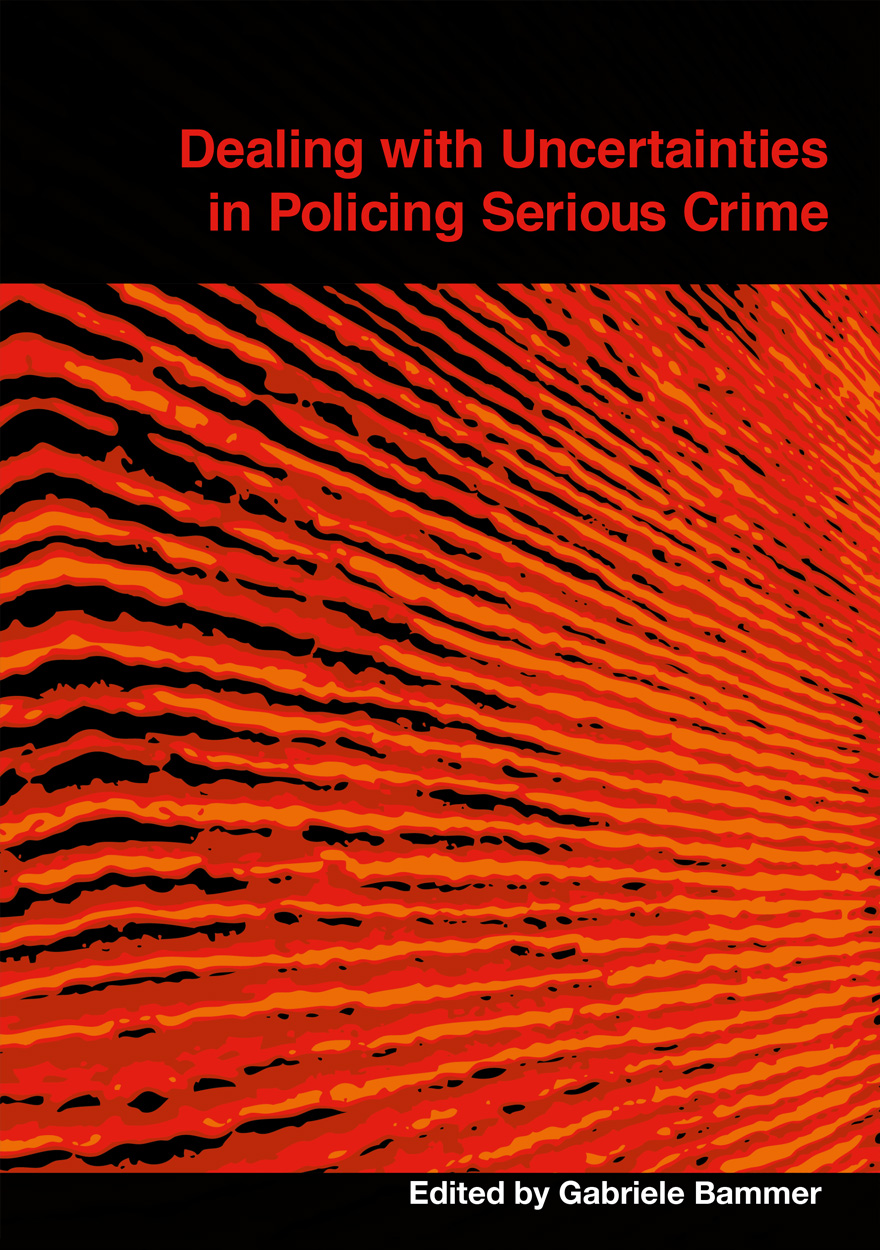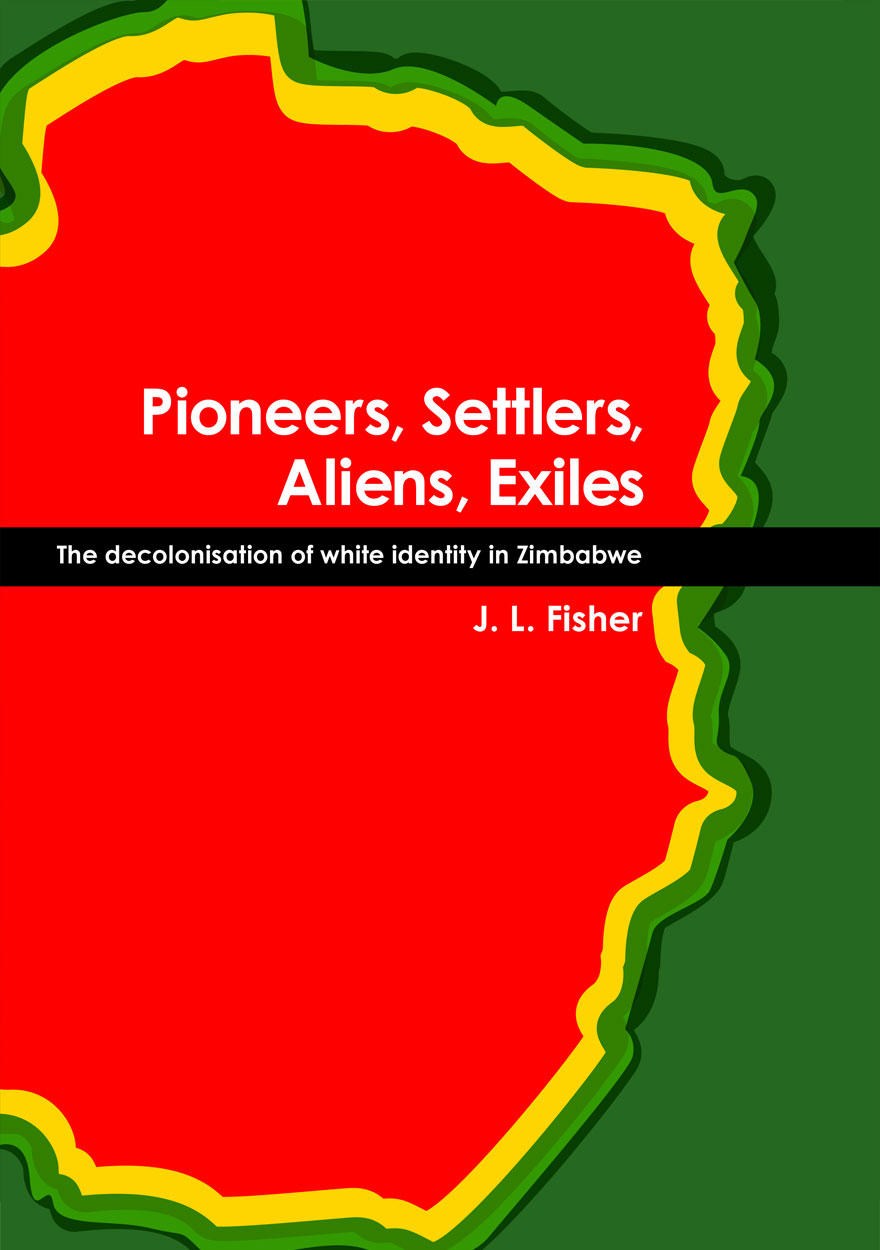Search titles
Displaying results 611 to 620 of 855.

Rituals of Islamic Spirituality »
A Study of Majlis Dhikr Groups in East Java
Authored by: Arif Zamhari
Publication date: July 2010
This study examines the emergence of new forms of Islamic spirituality in Indonesia identified as Majlis Dhikr. These Majlis Dhikr groups have proliferated on Java in the last two decades, both in urban and rural areas, and have attracted followers from a wide social background. The diverse aspects of these Majlis Dhikr groups – their rituals, teachings and strategies of dissemination as well as the popular understanding of these rituals and their contestation by critics and opponents – are examined in detail and illustrated by reference to three particular groups – Salawat Wahidiyat, Istighathat Ihsaniyyat and Dhikr al-Ghafilin each of which has its own distinctive features and notable religious leadership. These Majlis Dhikr groups regard their activities as legitimate ritual practices that are in accordance with the legacy of Islamic Sufism based on the interpretation of the Qur’anic and Prophetic tradition.

East Asia Forum Quarterly: Volume 2, Number 3, 2010 »
Publication date: July 2010
East Asia Forum Quarterly grew out of East Asia Forum (EAF) online, which has developed a reputation for providing a platform for the best in Asian analysis, research and policy comment on the Asia Pacific region in world affairs. EAFQ aims to provide a further window onto research in the leading research institutes in Asia and to provide expert comment on current developments within the region. The East Asia Forum Quarterly, like East Asia Forum online, is an initiative of the East Asia Forum (EAF) and its host organisation, the East Asian Bureau of Economic Research (EABER) in the Crawford School of Economics and Government in the College of Asia & the Pacific at The Australian National University.
Download for free
Not available for purchase

Agenda - A Journal of Policy Analysis and Reform: Volume 17, Number 1, 2010 »
Edited by: William Coleman
Publication date: July 2010
Agenda is a refereed, ECONLIT-indexed and RePEc-listed journal of the College of Business and Economics, The Australian National University. Launched in 1994, Agenda provides a forum for debate on public policy, mainly (but not exclusively) in Australia and New Zealand. It deals largely with economic issues but gives space to social and legal policy and also to the moral and philosophical foundations and implications of policy.
Subscribe to the Agenda Alerting service if you wish to be advised on forthcoming or new issues.
Download for free
Not available for purchase

The Ayes Have It »
The history of the Queensland Parliament, 1957–1989
Authored by: John Wanna, Tracey Arklay
Publication date: July 2010
‘The Ayes Have It’ is a fascinating account of the Queensland Parliament during three decades of high-drama politics. It examines in detail the Queensland Parliament from the days of the ‘Labor split’ in the 1950s, through the conservative governments of Frank Nicklin, John Bjelke- Petersen and Mike Ahern, to the fall of the Nationals government led briefly by Russell Cooper in December 1989. The volume traces the rough and tumble of parliamentary politics in the frontier state. The authors focus on parliament as a political forum, on the representatives and personalities that made up the institution over this period, on the priorities and political agendas that were pursued, and the increasingly contentious practices used to control parliamentary proceedings. Throughout the entire history are woven other controversies that repeatedly recur – controversies over state economic development, the provision of government services, industrial disputation and government reactions, electoral zoning and disputes over malapportionment, the impost of taxation in the ‘low tax state’, encroachments on civil liberties and political protests, the perennial topic of censorship, as well as the emerging issues of integrity, concerns about conflicts of interest and the slide towards corruption. There are fights with the federal government – especially with the Whitlam government – and internal fights within the governing coalition which eventually leads to its collapse in 1983, after which the Nationals manage to govern alone for two very tumultuous terms. On the non-government side, the bitterness of the 1950s split was reflected in the early parliaments of this period, and while the Australian Labor Party eventually saw off its rivalrous off-shoot (the QLP-DLP) it then began to implode through waves of internal factional discord.

China's New Place in a World in Crisis (Chinese version) »
全球金融危机下的中国:经济、地缘政治和环境的视角
Edited by: Ross Garnaut, Ligang Song, Wing Thye Woo
Publication date: June 2010
2008年的金融危机,使全球状况和中国的世界地位都发生了改变。这场危机加速了中国作为一个有影响力的大国的崛起。本书将对下列问题进行深入探讨:此次全球危机会对中国的增长前景长造成怎样的影响?这场危机的演化和中国的应对举措,会对中国的工业化、城市化进程以及国有企业改革等问题施加何种影响?国际社会将如何应对迅速出现的国际新秩序?中国和其他主要发展中国家将在国际社会中担当怎样的新角色?中国和世界能否打破经济增长和破坏环境的宿命,尤其是如 何解决气候变化问题?
Chinese print version of this book is available from Social Science and Academic Press

Education and Ethics in the Life Sciences »
Strengthening the Prohibition of Biological Weapons
Edited by: Brian Rappert
Publication date: June 2010
At the start of the twenty-first century, warnings have been raised in some quarters about how – by intent or by mishap – advances in biotechnology and related fields could aid the spread of disease. Science academics, medical organisations, governments, security analysts, and others are among those that have sought to raise concern.
Education and Ethics in the Life Sciences examines a variety of attempts to bring greater awareness to security concerns associated with the life sciences. It identifies lessons from practical initiatives across a wide range of national contexts as well as more general reflections about education and ethics. The eighteen contributors bring together perspectives from a diverse range of fields – including politics, virology, sociology, ethics, security studies, microbiology, and medicine – as well as their experiences in universities, think tanks and government.
In offering their assessment about what must be done and by whom, each chapter addresses a host of challenging practical and conceptual questions. Education and Ethics in the Life Sciences will be of interest to those planning and undertaking training activities in other areas. In asking how education and ethics are being made to matter in an emerging area of social unease, it will also be of interest to those with more general concerns about professional conduct.

Dealing with Uncertainties in Policing Serious Crime »
Edited by: Gabriele Bammer
Publication date: May 2010
Grappling with uncertainties is at the heart of investigating serious crime. At a time when such crime is becoming more complex and resources are increasingly stretched, this book draws together research and practice perspectives to review fruitful approaches to uncertainties and to chart the way forward. Scene setting chapters describe the consequences of globalisation and the spread of sophisticated information technologies (Sue Wilkinson), as well as advances in understanding and managing uncertainty (Michael Smithson). Ways of enhancing responses from statistics (Robyn Attewell), risk analysis (Richard Jarrett and Mark Westcott) and the psychology of decision making (Mark Kebbell, Damon Muller and Kirsty Martin) follow. These are complemented by insights from law (the Hon. Tim Carmody SC), politics (the Hon. Carmen Lawrence) and business (Neil Fargher), which all have significant intersections with policing. Synthesis is provided by the four final chapters which present the outlooks of the investigating officer and investigation manager (Peter Martin), the provider of policing higher education (Tracey Green and Greg Linsdell), the capacity-building consultant (Steve Longford), and the leader of a law enforcement agency (Alastair Milroy).

East Asia Forum Quarterly: Volume 2, Number 2, 2010 »
Publication date: May 2010
East Asia Forum Quarterly grew out of East Asia Forum (EAF) online, which has developed a reputation for providing a platform for the best in Asian analysis, research and policy comment on the Asia Pacific region in world affairs. EAFQ aims to provide a further window onto research in the leading research institutes in Asia and to provide expert comment on current developments within the region. The East Asia Forum Quarterly, like East Asia Forum online, is an initiative of the East Asia Forum (EAF) and its host organisation, the East Asian Bureau of Economic Research (EABER) in the Crawford School of Economics and Government in the College of Asia & the Pacific at The Australian National University.
Download for free
Not available for purchase

Aboriginal History Journal: Volume 33 »
Edited by: Peter Read
Publication date: April 2010
In her recent magisterial history of early Sydney, Grace Karskens mused on a critical distinction in emphasis between settler history and Aboriginal history: ‘in settler history we seem to be searching constantly for beginnings’, she notes, ‘but in Aboriginal history in the colonial period so often the search is for endings’. This preoccupation with endings especially haunts the ‘storywork’ surrounding Woollarawarre Bennelong, one of the best known but least understood Aboriginal men of the early colonial era. Most of this storywork has figured Bennelong as a tragic soul – caught between two worlds, reconciled to neither, the victim of an addiction that was his only means of enduring the fall. Despite some variations in the telling of his life with the British colonists, the tragedy of his end usually dominates the overall tone.
A reconsideration of one of the most significant Aboriginal figures in colonial history invites us to move away from the search for endings. It suggests a fresh start for the life of Bennelong. It also suggests a fresh start for the meaning of Bennelong in Australia’s modern imagination. If Bennelong’s life stands for any greater truth, it is that indigenous people begin new relations when history demands them as frequently and as variously as any other folk.
Aboriginal History Inc. is a publishing organisation based in the Australian Centre for Indigenous History, Research School of Social Sciences, The Australian National University, Canberra.
For more information on Aboriginal History Inc. please visit aboriginalhistory.org.au.
Download for free
Not available for purchase

Pioneers, Settlers, Aliens, Exiles »
The decolonisation of white identity in Zimbabwe
Authored by: J. L. Fisher
Publication date: March 2010
What did the future hold for Rhodesia’s white population at the end of a bloody armed conflict fought against settler colonialism? Would there be a place for them in newly independent Zimbabwe? Pioneers, Settlers, Aliens, Exiles sets out the terms offered by Robert Mugabe in 1980 to whites who opted to stay in the country they thought of as their home. The book traces over the next two decades their changing relationship with the country when the post-colonial government revised its symbolic and geographical landscape and reworked codes of membership. Particular attention is paid to colonial memories and white interpellation in the official account of the nation’s rebirth and indigene discourses, in view of which their attachment to the place shifted and weakened. As the book describes the whites’ trajectory from privileged citizens to persons of disputed membership and contested belonging, it provides valuable background information with regard to the land and governance crises that engulfed Zimbabwe at the start of the twenty-first century.



